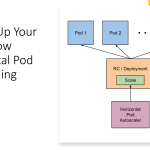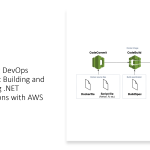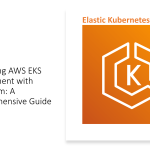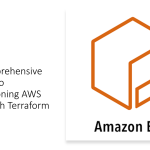Docker has revolutionized the world of software development, packaging, and deployment. The platform has enabled developers to create portable and consistent environments for their applications, making it easier to move code from one environment to another. Docker has also improved collaboration among developers and operations teams, as it enables everyone to work in the same environment.
The Open Container Initiative (OCI) has played an important role in the success of Docker. OCI is a collaboration between industry leaders and open source communities that aims to establish open standards for container formats and runtime. By developing and promoting these standards, OCI is helping to drive the adoption of container technology.
One of the key benefits of using Docker is that it provides a consistent and reproducible environment for applications. Docker containers are isolated from the host system, which means that they can be run on any platform that supports Docker. This portability makes it easier to move applications between environments, such as from a developer’s laptop to a production server.
How does docker different from container?
Docker is a platform that provides tools and services for managing containers, while containers are a technology that enables applications to run in a self-contained environment. In other words, Docker is a tool that uses containers to package and deploy applications, but it also provides additional features such as Dockerfiles, images, and a registry.
Containers, on the other hand, are a technology that allows developers to create isolated environments for running applications. Containers use OS-level virtualization to create a lightweight and portable environment for applications to run. Containers share the same underlying host OS, but each container has its own isolated file system, network stack, and process tree.
In summary, Docker is a platform that uses containers to provide a consistent and reproducible environment for applications. Containers are the technology that enables this environment by providing a lightweight and portable way to package and run applications.
Docker vs. Containers
While Docker is often used interchangeably with containers, there are differences between the two. Docker is a platform that provides tools and services for managing containers, while containers are a technology that enables applications to run in a self-contained environment. Docker uses containers to package and deploy applications, but it also provides additional features such as Dockerfiles, images, and a registry.
Container Engines and Runtimes
There are several container engines and runtimes available, each with its own features and benefits. Here are some popular options:
- Docker Engine: The Docker Engine is the default container engine for Docker. It provides a complete container platform, including tools for building and managing containers.
- rkt: rkt is a lightweight and secure container engine developed by CoreOS. It supports multiple container formats and provides strong security features.
- CRI-O: CRI-O is a container runtime developed for Kubernetes. It provides a minimalistic container runtime that is optimized for running containers in a Kubernetes environment.
- Podman: Podman is a container engine that provides a CLI interface similar to Docker. It runs containers as regular processes and does not require a daemon to be running.
Conclusion
Docker has had a significant impact on the world of software development and deployment. Its portable and consistent environment has made it easier to move code between environments, while its collaboration features have improved communication between developers and operations teams. The Open Container Initiative is helping to drive the adoption of container technology by establishing open standards for container formats and runtime. While Docker is the most popular container engine, there are several other options available, each with its own features and benefits. By using containers and container engines, developers can create more efficient and scalable applications.




